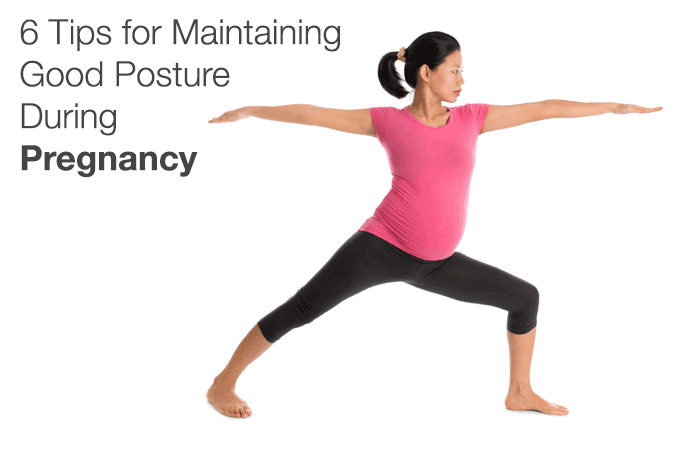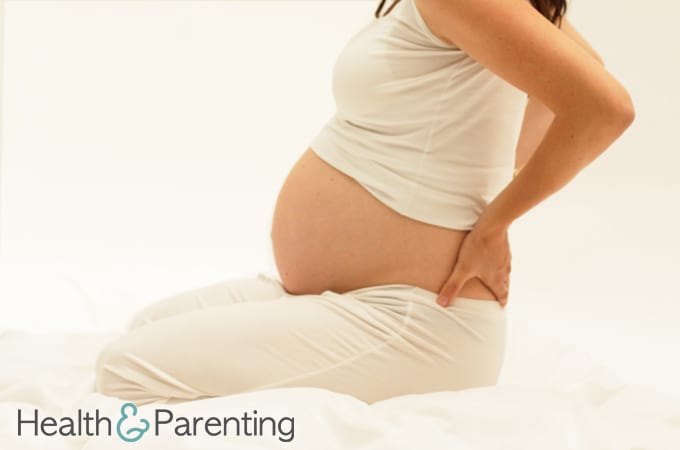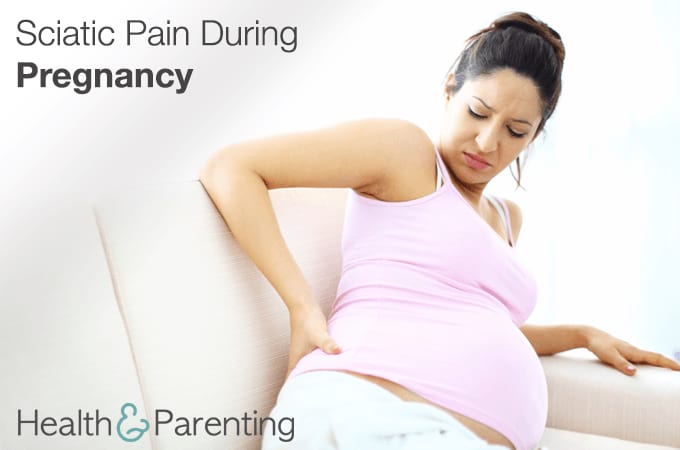One of the most common complaints of pregnant women is that their backs, shoulders, and necks hurt. This discomfort during pregnancy is normal considering how drastically pregnancy changes your posture. If your back and abdominal muscles were not in optimal condition before pregnancy, chances are the shift in your weight is putting great strain on the large muscles of your back. As pregnancy progresses this pain can intensify, especially once hormones begin loosening the ligaments in your joints.
It’s important that you pay attention to your posture during pregnancy. Maintaining good posture can reduce the amount of strain and tension in your lower and upper back, as well as in your neck, shoulders and hips.
The following 6 tips will help you maintain good posture during pregnancy.
1. Make efforts to be aware of your head position. You should try to hold your head up, so that your chin is in. Even while working, driving, reading, cooking, or really any activity, try to keep your head up and your chin in line with the plane of your body. The tendency to shift your head to the side, or downward is the onset of bad posture and can cause you pain.
2. Chiropractors encourage people to make sure that their ear lobes are in line with the middle of the shoulder area. Remaining conscious about this and checking your position throughout the day, can help you maintain good posture.
3. For pregnant woman, one of the most important posture tricks is to keep your shoulders back and your chest outward. Poke those boobs outward. Doing so straightens the spine and enables your larger muscles to support the weight of your belly. It also reduces stress in the shoulder area.
4. If you must sit for a long period of time, make sure that you are in a comfortable position. Pregnant woman are also advised to elevate their feet so that their knees are bent at a 90 degree angle. Additionally, your buttocks should be scooted back to the edge (touching) the back of the chair. This help to keep your spine straight and strong. Also, make sure that you get up and walk around at least once per hour.
5. If you must stand for long periods of time, make sure your shoulders are back, chest out – and that you keep your neck and head in a comfortable position. Additionally, it is suggested that you alternate raising one foot on a short stool while standing for long periods of time.
6. If your back is very sore, and you find that maintaining good posture during pregnancy is difficult, invest in a belly belt. This belt can be a lifesaver during the last trimester of pregnancy because it supports your abdomen and lower back.
Chances are, even with the best posture during pregnancy, you are apt to feel some muscle aches and pains. Your changing center of balance and the extra weight of baby put a lot of strain on your spinal column. One of the best things you can do for yourself is to take time every day to do yoga or pregnancy stretches, and to exercise regularly.
Written By Stef, Mom of 4 @Momspirational
This information is not intended to replace the advice of a trained medical doctor. Health & Parenting Ltd disclaims any liability for the decisions you make based on this information, which is provided to you on a general information basis only and not as a substitute for personalized medical advice. All contents copyright © Health & Parenting Ltd 2018. All rights reserved.












